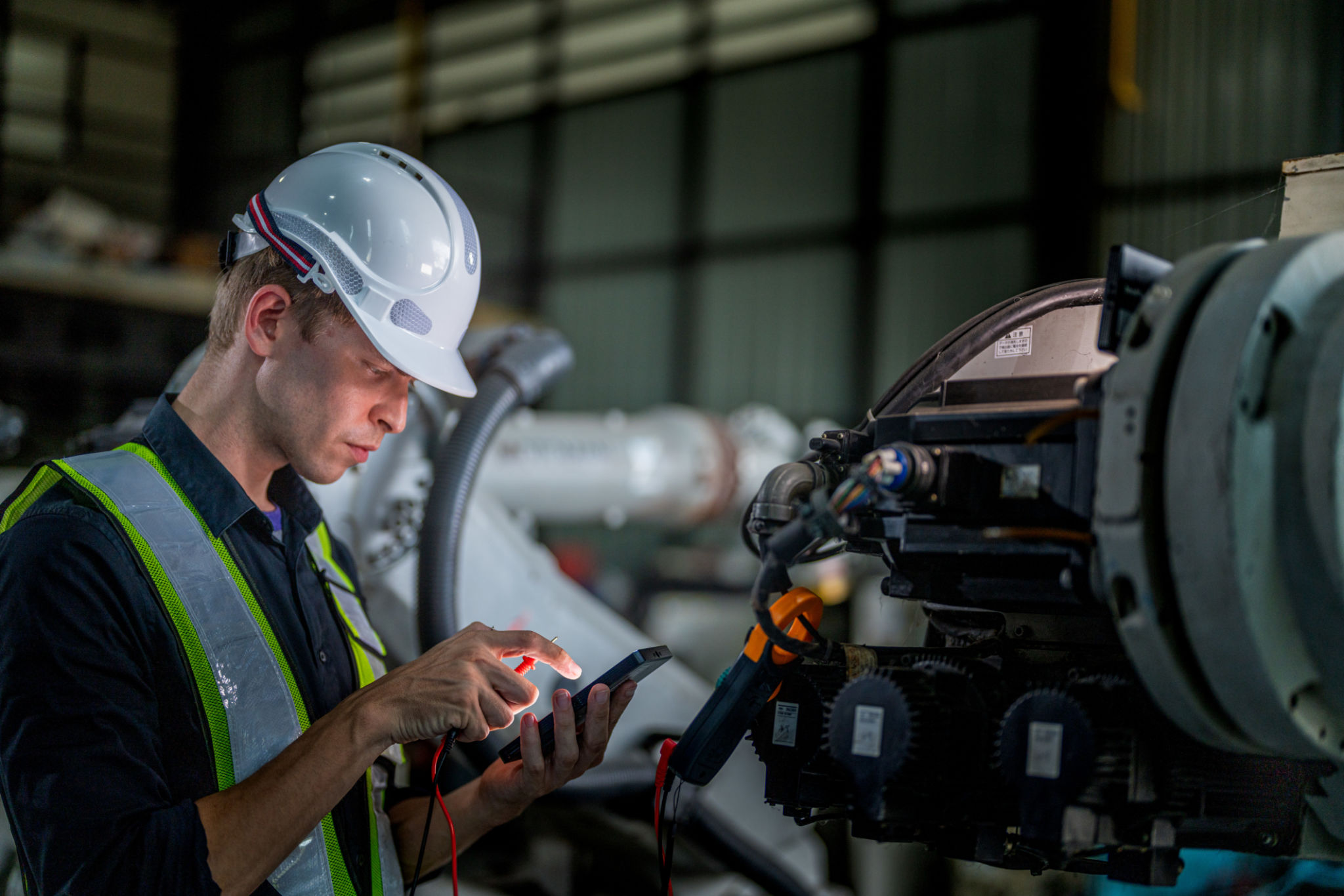Expert Tips for Maintaining Industrial Facilities in Manchester
Understanding the Importance of Regular Maintenance
In the bustling industrial landscape of Manchester, maintaining the efficiency and safety of industrial facilities is crucial. Regular maintenance not only ensures that equipment operates smoothly but also helps in minimizing downtime and preventing costly repairs. By implementing a consistent maintenance schedule, facility managers can significantly extend the lifespan of their assets and improve operational efficiency.
Moreover, regular inspections help in identifying potential issues before they escalate into major problems. This proactive approach can save businesses substantial amounts of money and resources in the long run. It's essential to understand that maintenance is not just a one-time task but an ongoing process that requires commitment and diligence.

Developing a Comprehensive Maintenance Plan
Creating a comprehensive maintenance plan is a strategic step in ensuring the longevity and reliability of industrial facilities. A well-structured plan should include detailed schedules, specific tasks, and responsible personnel for each aspect of maintenance. It's important to tailor this plan according to the unique needs and operations of the facility.
The key components of an effective maintenance plan include:
- Routine Inspections: Regular checks on equipment to detect any wear and tear.
- Preventive Maintenance: Scheduled servicing to prevent equipment failures.
- Predictive Maintenance: Using data and analytics to predict potential issues.
Incorporating Modern Technology
Incorporating modern technology into maintenance practices can greatly enhance efficiency and accuracy. Technologies such as IoT (Internet of Things) devices, sensors, and predictive analytics are transforming how facilities manage their assets. These technologies allow for real-time monitoring and data collection, facilitating informed decision-making.

For instance, IoT sensors can be installed on machinery to monitor performance and alert managers to any anomalies. Predictive analytics can be used to forecast equipment failures, allowing for timely interventions. This integration of technology not only optimizes maintenance processes but also reduces unexpected downtime.
Training and Empowering Staff
Ensuring that staff members are well-trained and knowledgeable is fundamental to successful facility maintenance. Providing comprehensive training programs equips employees with the skills necessary to carry out maintenance tasks effectively and safely. Empowering staff with knowledge about the latest technologies and practices helps in maintaining high standards of operation.
Moreover, fostering a culture of continuous learning and improvement encourages employees to stay updated with industry trends and advancements. This proactive approach not only enhances individual performance but also contributes to the overall efficiency and safety of the facility.

Ensuring Compliance with Regulations
Compliance with health, safety, and environmental regulations is a critical aspect of maintaining industrial facilities in Manchester. Facilities must adhere to local and national regulations to avoid legal complications and ensure the safety of employees. Regular audits and inspections are necessary to ensure compliance with these regulations.
Staying informed about changes in legislation is vital for facility managers. Establishing a dedicated team or appointing a compliance officer can help in keeping track of regulatory updates and implementing necessary changes in practices promptly.
Emphasizing Sustainability in Maintenance Practices
As environmental concerns continue to rise, incorporating sustainability into maintenance practices is becoming increasingly important. Facilities can adopt eco-friendly practices such as energy-efficient equipment, waste reduction strategies, and sustainable materials in their operations. These practices not only reduce the environmental impact but also enhance the facility's reputation and can lead to cost savings.
By prioritizing sustainability, industrial facilities can contribute positively to the community while also benefiting from improved operational efficiency. Engaging with local initiatives and promoting sustainable practices among staff can further enhance these efforts.
